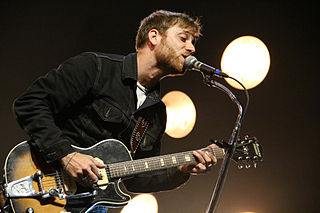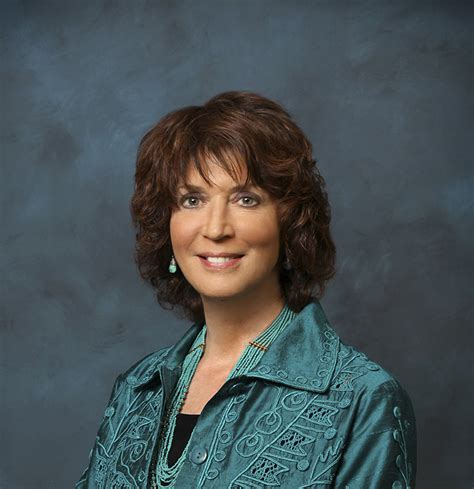A Quote by Lin-Manuel Miranda
I think I learned more about writing scores for Broadway by making mix tapes in the '90s than I did in college. You're learning about rise and fall and energy and tempo shifts. You're showing off your taste and your references. You're trying to be witty by - through placement of music you didn't write.
Related Quotes
Everyone has taste, yet it is more of a taboo subject than sex or money. The reason for this is simple: claims about your attitudes to or achievements in the carnal and financial arenas can be disputed only by your lover and your financial advisers, whereas by making statements about your taste you expose body and soul to terrible scrutiny. Taste is a merciless betrayer of social and cultural attitudes. Thus, while anybody will tell you as much (and perhaps more than) you want to know about their triumphs in bed and at the bank, it is taste that gets people's nerves tingling.
You can learn to write. But what you write is something that depends on your taste and on your vision or whatever. Also, of course, the music I listened to inspired my idea of music. When people ask me "Where's your inspiration? Where does it come from?" I have no idea. Music is about music. Not about life and love.
I'm sure you feel differently about writing than you did when you first started. When you get older and your brain changes, you have to figure out how your job fits into your life as it changes, you know what I mean? I guess everybody goes through that stuff, and I'm no exception, always trying to figure out what I'm doing with music.
If I had to make a choice between only writing about sports or only writing about music, I would probably write about music. I'm not sure why that is. There seems to be more to write about with music, just because it's more of a splintered thing. There's more subgenres. With sports, it's more objective in a way.
There are a lot of different ways of building a prosperous society, and some of them use much less energy than others. And it is possible and more practical to talk about rebuilding systems to use much less energy than it is to think about trying to meet greater demands of energy through clean energy alone.
For me writing is a long, hard, painful process, but it is addictive, a pleasure that I seek out actively. My advice to young writers is this: Read a lot. Read to find out what past writers have done. Then write about what you know. Write about your school, your class, about your teachers, your family. That's what I did. Each writer must find his or her own kind of voice. Finally, you have to keep on writing.
I think there's just been this "thing" that's developed, this way that we have of talking about our music that alienates people. And I fall into that too! I learned that in graduate school. You just talk about your music in a specific way, and that separates people from you. But some composers like that. Schoenberg liked that. He wanted to feel that he was making music for an elite few. That's fine for him, but I want to set myself free from that sort of attitude.
In some ways, it is difficult for contemporary composers to find an audience. Both men and women would love a culture that embraced and hungered for new music, as they did in the Classical period. I tell my students that they should just keep writing, write what pleases you, and don't worry about what people or critics may think about your music.
On a more personal note we in this country we have a very tragic situation occur at one of our universities and, it really has taken the country aback and there's a real grieving process that we're going through, And going through it mourning and learning about the victims and-learning about it and showing our support, you know, I hesitate to say, how does your country handle what is that type of carnage on a daily basis?
We often think about happiness as trying to increase our joy, but it's also about decreasing our worry. So what you get for paying those high taxes is, if you're a parent thinking about putting your child through school, you don't have to worry about it, because all education through college is free.



































